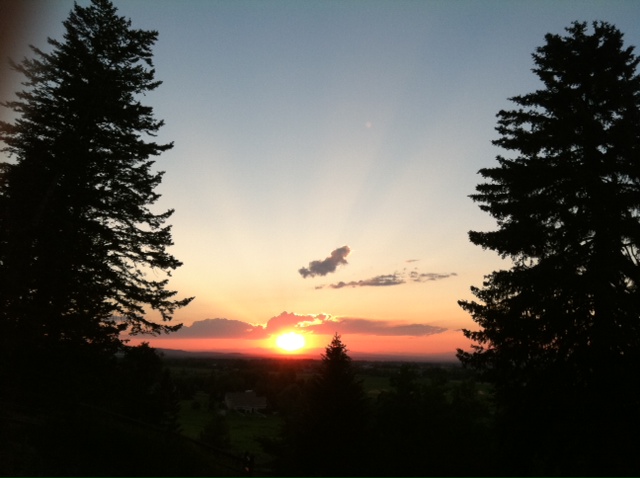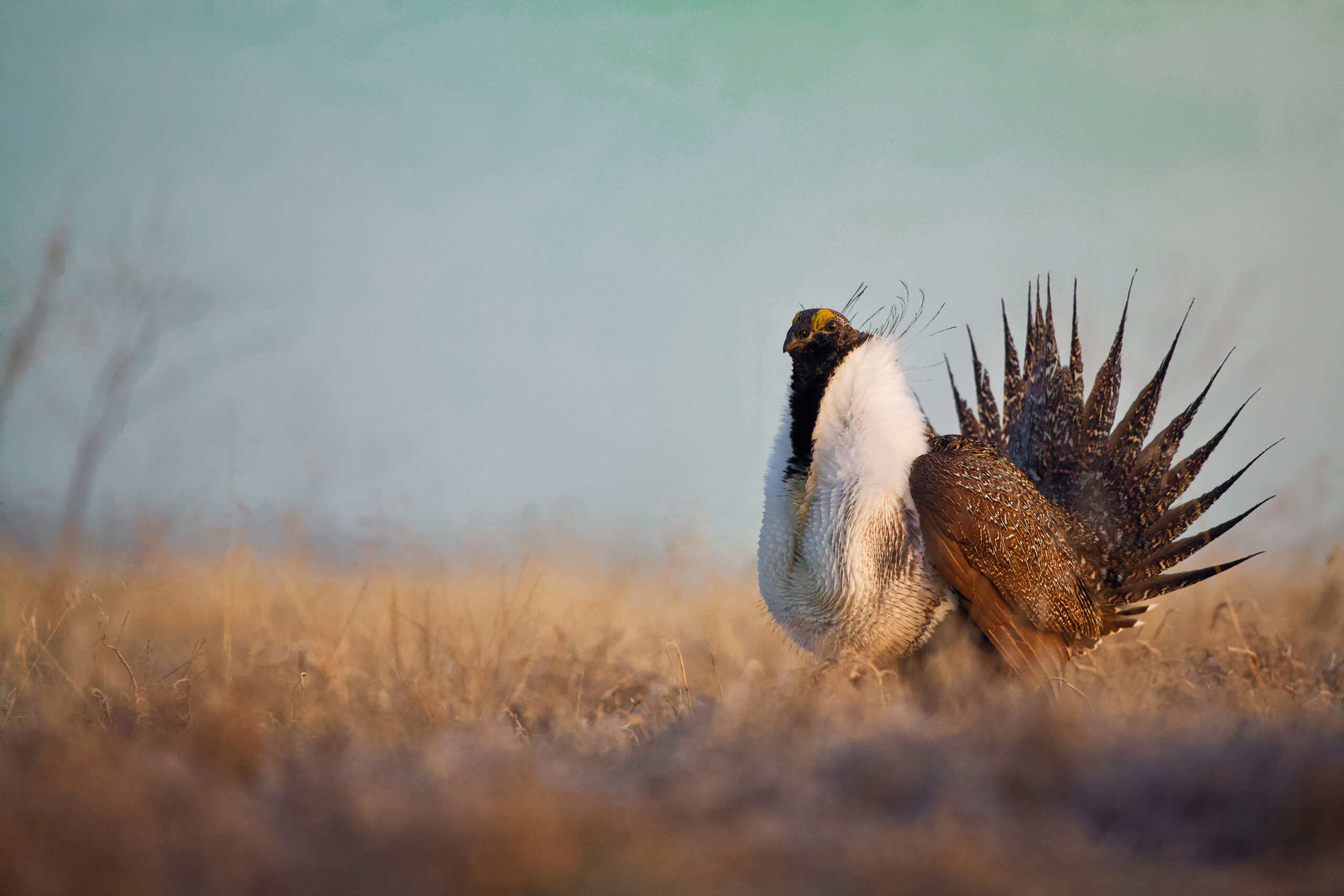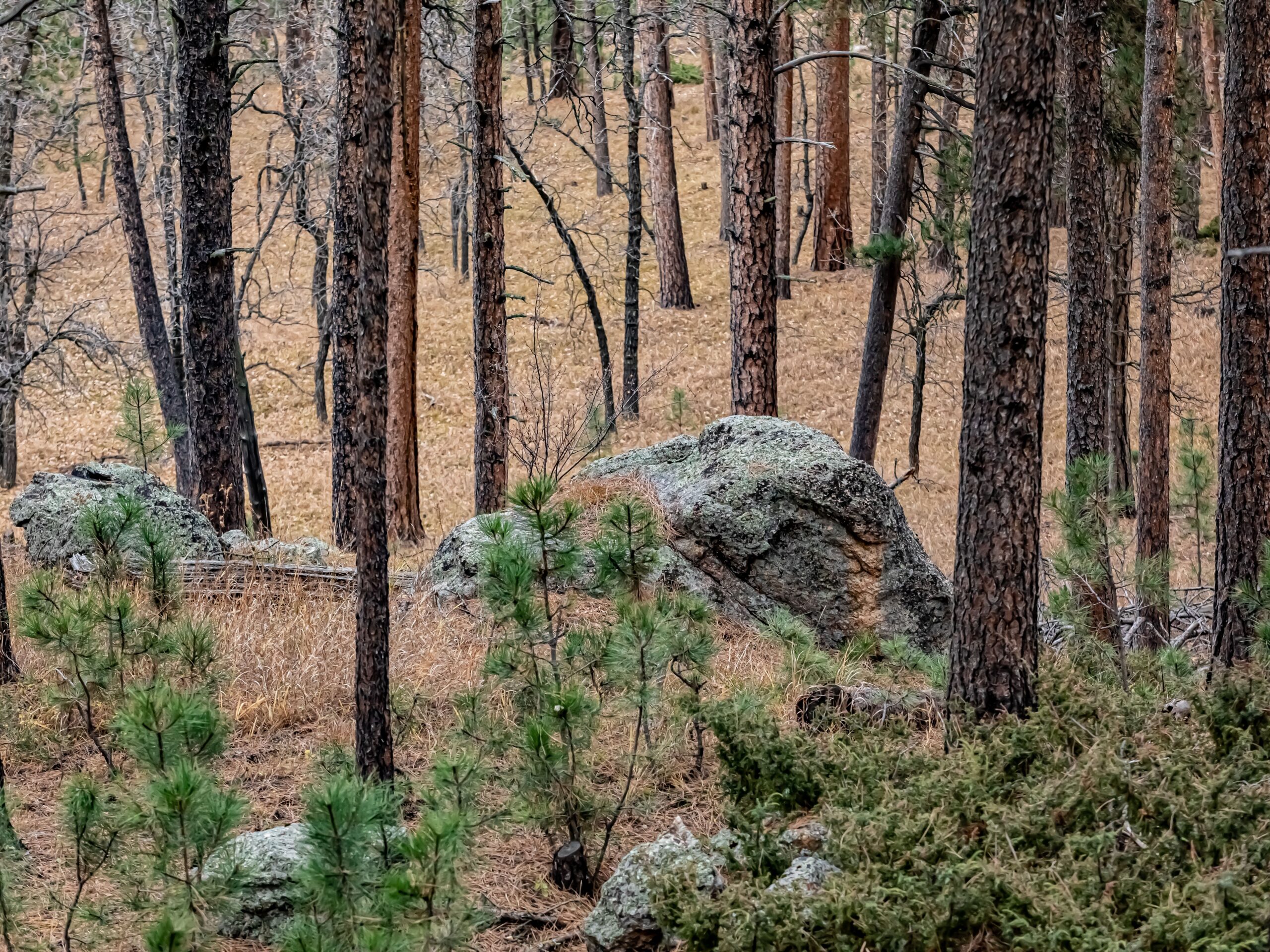Brett Howell is a recent graduate of PERC’s 2011 Enviropreneur Institute. The following originally appeared on Gaia Endeavors.

PEI 2011 culminated on Friday, July 8th, with “I have a dream” presentations during which each enviropreneur had seven minutes to describe his or her dream for the future of the project that had been developing during the program. These ideas ranged from applying property rights to coral reefs, to turning trees into pens to drive forest conservation, to nutrient trading schemes, among others. Each of these presentations dealt with a free market environmentalism (FME)-based concept. PERC’s version of FME is “dedicated to improving environmental quality through property rights and markets,” focusing on the creation of property rights to make markets work so that entrepreneurs can step in to solve environmental challenges.” FME is an idea that excites some people while raising red flags for others (e.g. can and should nature be turned into a market?).
While there are multiple perspectives on FME, PERC is not the only way to get involved in the discussion. All that is required is a group of people, either physically connected or tied through social media, willing to debate the pros and cons of various issues. For example, while the PEI 2011 Fellows are once again spread throughout the world, we will continue to have phone calls to discuss and advance our projects.
Even though PEI is now over and each of us is dealing with the first “reentry” week differently, I find myself in an exuberant mood despite the challenges. I look forward to seeing what impact the FME approach will have on my career and the places it will take me. With some strong perseverance and a bit of luck, I believe that all of the PEI 2011 Fellows will succeed at our endeavors. In honor of the “idea seeds” that PEI 2011 started, the class made a donation to the Coral Restoration Foundation so that a coral named “PEI 2011” could be placed into a nursery in the Florida Keys and eventually planted out on the reef to help seed other corals in Florida.
While some of the relationships and memories will inevitably fade as the weeks, months, and years go by, the Montana state-of-mind that PERC helped create never will, at least for me.
Check out the PEI program and/or make a donation with the Coral Restoration Foundation to help restore Florida’s reefs.


